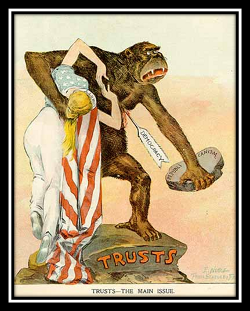 The other day I saw a post from my friend Dora the Explora in which her husband misspelled a word on the shopping list and it got me thinking about the importance of language in communication. We use words to express ideas and those words have particular dictionary meaning but also personal meaning. What happens when there is a disconnect between these two meanings?
The other day I saw a post from my friend Dora the Explora in which her husband misspelled a word on the shopping list and it got me thinking about the importance of language in communication. We use words to express ideas and those words have particular dictionary meaning but also personal meaning. What happens when there is a disconnect between these two meanings?
Let’s say you’re giving a lecture to a group of people about the Hindenburg tragedy of 1937. You correctly use the world “Dirigible” and no one has any idea what you are talking about. You spend valuable minutes of the lecture explaining the meaning of the word. Later you decided to use the word “Blimp” as it is more commonly understood and generally derives the same meaning within the context of your lecture.
I think it’s obvious which of the two scenarios is technically correct but the real question becomes which one is better for the particular situation?
There are two arguments. One argument says that you merely have to get across your idea which is the point of all communication. This argument says that text speech common among tweeters and cell phone users is perfectly acceptable if the audience gets the message. If I had written “SMS language” instead of “text speech” above would you have known what I was talking about? This argument applies to the written word as well. In particular, if my friend wrote the shopping list with the correctly spelled word would her husband have brought home the wrong item or nothing at all in his confusion?
The second argument insists that grammatical correctness is essential to properly conveying the message. If I say “Blimp” instead of “Dirigible” the people in the audience who know the difference between the two will have the wrong idea and those who don’t will use the mistaken word as a synonym for the correct word thus spreading misinformation. Also, when my friend’s husband gets to the store the label on the shelf is going to have the correctly spelled word which might lead to confusion.
Isn’t language fun?
So, what’s the answer? As usual, I’m not going to simply state a bunch of facts and leave it at that. You may have noticed that I tend to have an opinion and I’m not particularly shy about sharing it.
I think we should go for grammatical correctness as much as possible because anything else can lead to confusion. The ideas you express might be misunderstood if you use an incorrectly defined word. I think the person giving the lecture on the Hindenburg tragedy should learn from the first lesson and incorporate the meaning of the word dirigible into the lecture from then on out. The more accurate we are with our words the less chance there is of misunderstanding. And misunderstanding causes more trouble in the world than just about anything else!
If you want to see an example of the havoc a misinterpreted message can do, go here.
I am open to SMS language for words like with, w/, brb (be right back), lol (laugh out loud), 2moro (tomorrow), although they do lose meaning when the person reading the message doesn’t know them. Generally, words like this are more akin to abbreviations and acronyms/initialisms than ill defined mistakes.
Here is a great list of words that are commonly misused. Check them out and see if you use invalid (not illegal) words!
Tom Liberman



